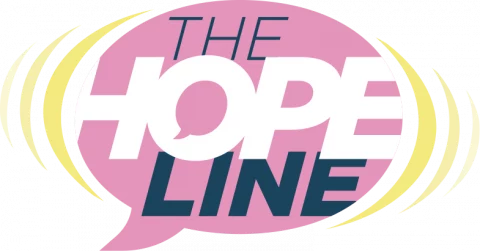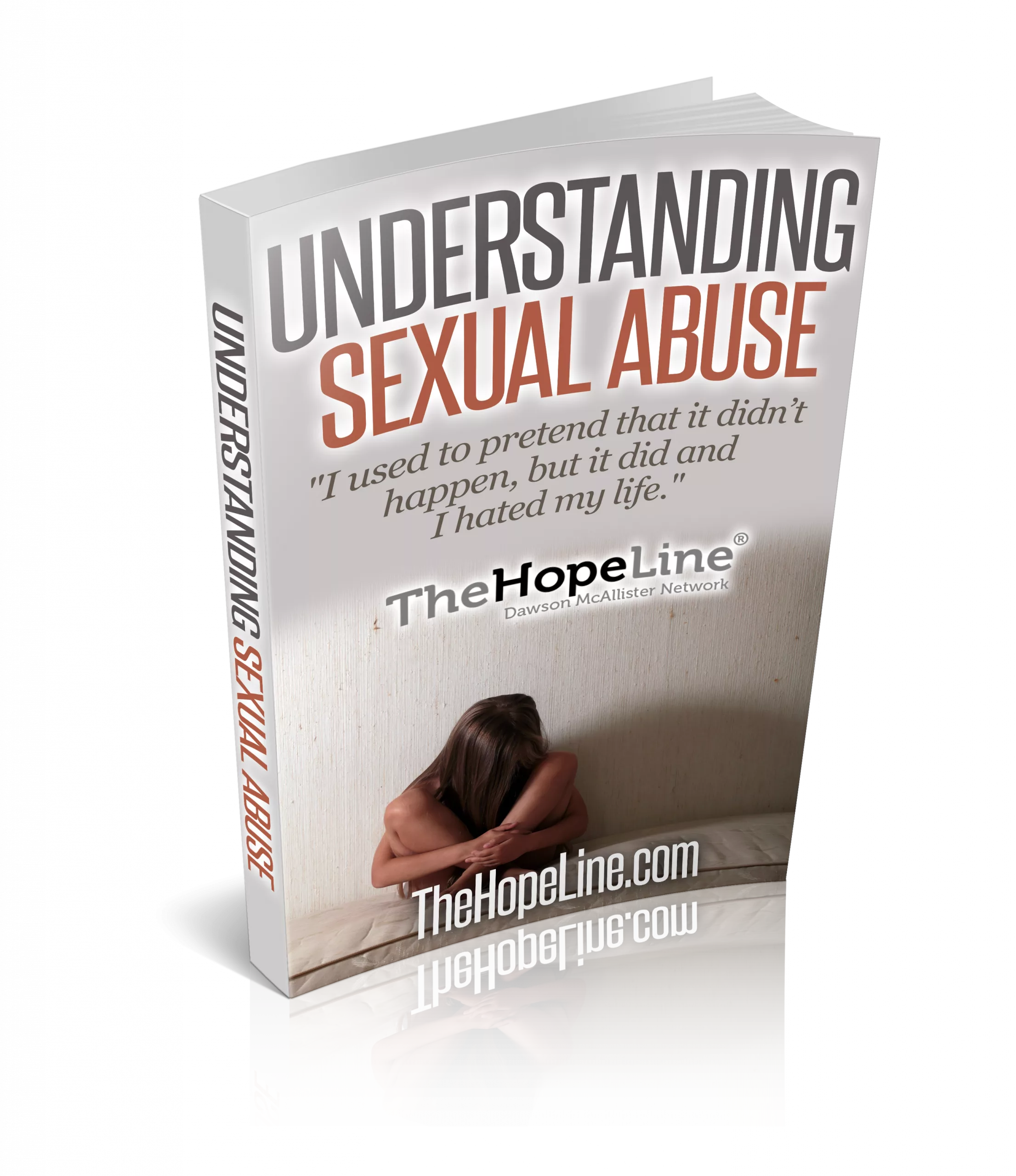When it comes to your spiritual life, you may resist any mention of God or prayer. You may be thinking “If there is a God, why did this happen? Or He must not be loving.” Perhaps you are angry at God or feel distant from Him. If any of those describe you, God can handle your thoughts and feelings. He can handle your anger and your doubts. Call out to Him. Tell Him everything you are feeling. He wants to hear from you even though He knows how you already feel. Just try it…give it to Him…all of it. Because here’s the truth, God did not want this for you. Let’s put the blame where it is due. It was the enemy, Satan, who stole from you and wanted to destroy you. It says in the Bible, The thief’s (Satan) purpose is to steal and kill and destroy. My (God's) purpose is to give them a rich and satisfying life.(John 10:10 NLT)
Be honest but also ask God to reveal the truths you need to bring peace and healing to your soul. This can be a vital step in your overall healing. One of the many truths is through all of this pain you've experienced, God did not leave you. It was the enemy Satan who stole from you and wanted to destroy you.







 Privacy Policy / Terms of Use
Privacy Policy / Terms of Use